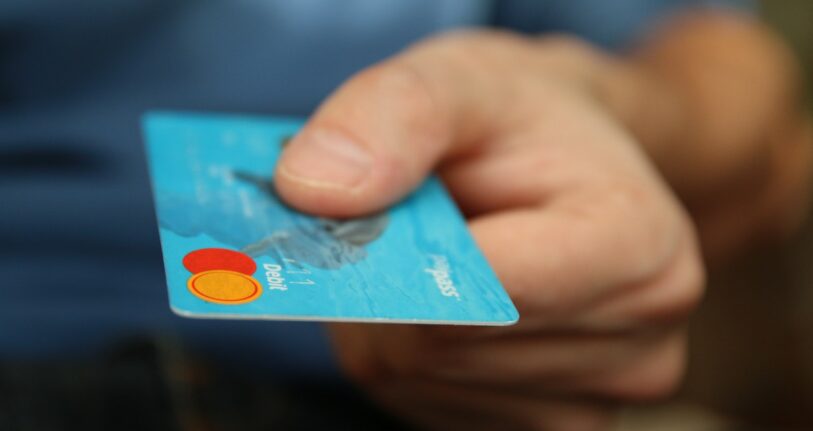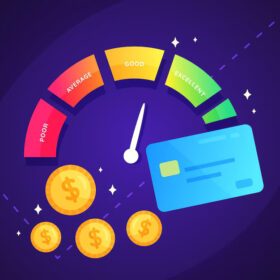Facts you may not have known about credit cards.

Credit cards, in addition to being a useful and convenient item when making purchases, are also essential when you want to build credit.
A credit card is a card issued by a lender that allows a consumer to borrow money from the lender to pay for purchases.
Each credit card has an account number, security code and expiration date, as well as a magnetic stripe, signature panel and hologram. Most credit cards have a chip to insert into a chip reader instead of swiping the card at the point of sale.
The consumer must later pay the funds in addition to any interest charges or other fees. They may also choose to repay the full amount borrowed before the
total amount borrowed by the due date, in which case no interest will be charged, or they can repay the debt over a longer period of time, in which case interest will generally accrue on the unpaid balance.
After all, credit cards are the most common form of revolving credit, which is given more prominence than installment credit.
Unfortunately, credit cards often get a bad rap because it’s easy to rack up excessive amounts of debt and destroy your credit score if you don’t know how to use credit cards correctly. Which really isn’t the fault of credit cards, but rather the lack of control of their consumers.
However, when you have the knowledge and ability to use credit cards for profit, rather than the opposite, they can be an extremely powerful financial tool for building credit.
If you are unsure if using credit cards is the right choice for you or are confused about how they work, you may want to educate yourself on the subject and have an understanding of the basics of credit cards.
Although using credit cards may seem like using “fake money” or spending someone else’s money, it is important to remember that the money you borrow when you pay with a credit card is not yours, but a loan that must be paid back. Therefore, it is recommended that you use your credit card limit responsibly.
With most credit cards, the funds you borrow are considered unsecured debt because you are borrowing the money without any collateral.
That means the credit card issuer is taking on additional risk by giving you a credit card because there is no collateral they can take from you if you don’t repay the debt, unlike secured debt such as a mortgage or car loan.
Remember, always make responsible use of your credit card so you can avoid getting into debt and having headaches and impaired credit.




